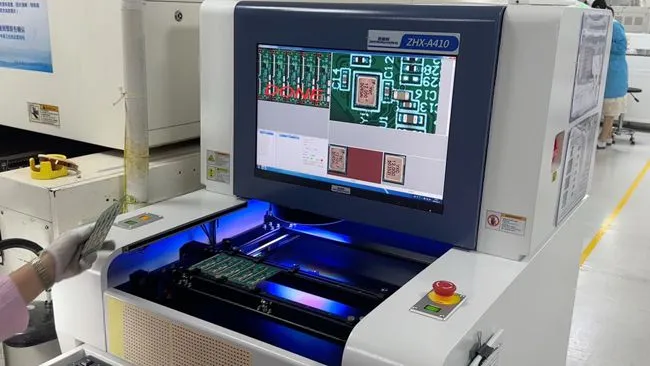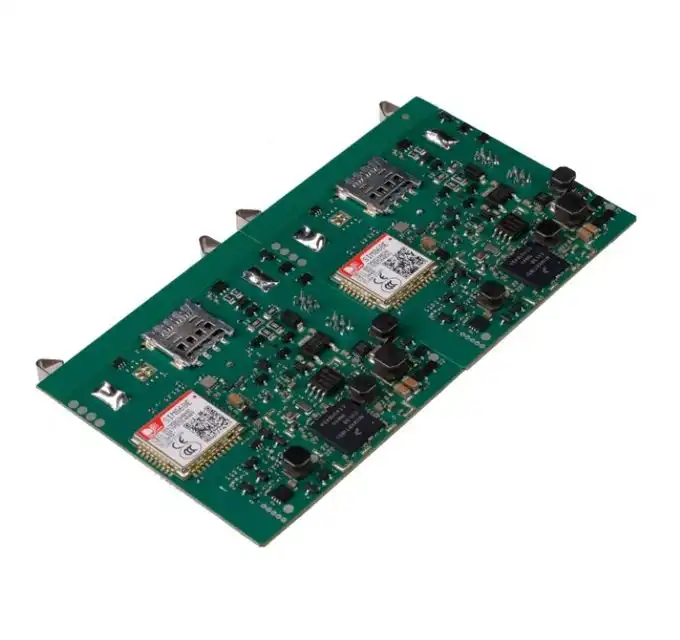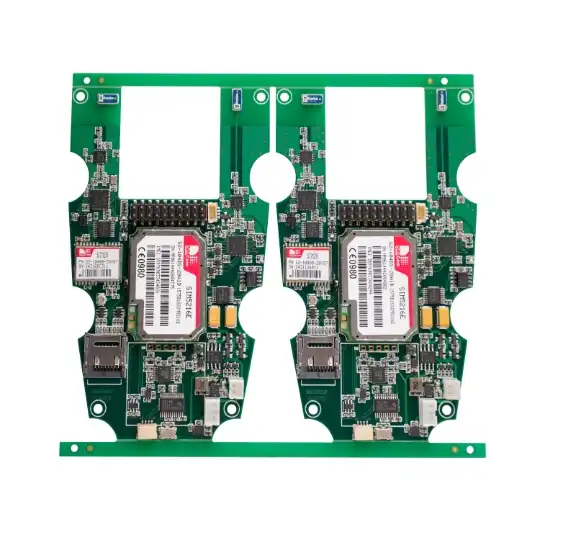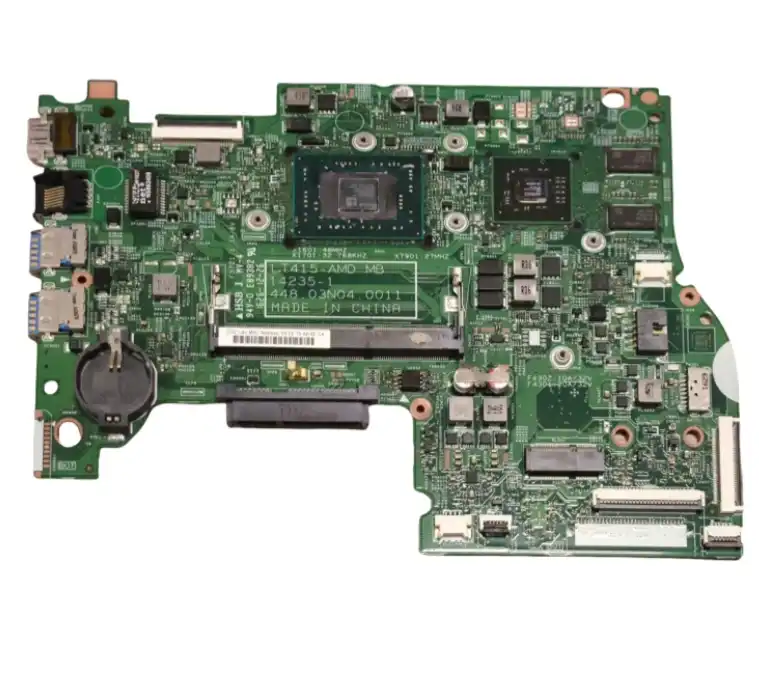The Fundamentals of PCBA Certification
PCBA Certification is a comprehensive process that validates the quality and reliability of printed circuit board assemblies. This certification ensures that PCBAs meet industry standards and specifications, providing assurance to manufacturers, customers, and end-users alike. The certification process typically involves several key components:
Definition and Purpose of PCBA Certification
PCBA Certification is a formal recognition that a printed circuit board assembly meets specific quality and performance standards. The primary purpose of this certification is to verify that the PCBA has been manufactured according to established guidelines and can function reliably in its intended application. This certification process helps to:
- Ensure consistent quality across production runs
- Minimize the risk of product failures
- Enhance customer confidence in the final product
- Comply with industry regulations and standards
Key Standards and Organizations Involved
Several organizations and standards are integral to the PCBA Certification process:
- IPC (Institute for Printed Circuits): Develops and maintains standards for the electronic assembly industry
- ISO (International Organization for Standardization): Provides guidelines for quality management systems
- UL (Underwriters Laboratories): Offers safety certifications for electronic components
- IECQ (IEC Quality Assessment System for Electronic Components): Provides certification for electronic component quality
These organizations work together to establish and maintain the standards that govern PCBA Certification, ensuring a comprehensive and reliable certification process.
The Certification Process
The PCBA Certification process typically involves several stages:
- Design Review: Evaluating the PCBA design for compliance with industry standards
- Manufacturing Process Audit: Assessing the production facilities and processes
- Testing and Inspection: Conducting various tests to verify performance and reliability
- Documentation Review: Examining all relevant documentation, including test results and quality control procedures
- Certification Issuance: Granting certification upon successful completion of all requirements
This rigorous process ensures that certified PCBAs meet the highest standards of quality and reliability.

Benefits of PCBA Certification for Manufacturers and Customers
PCBA Certification offers numerous advantages for both manufacturers and customers in the electronics industry. By adhering to established standards and undergoing rigorous testing, certified PCBAs provide a range of benefits that contribute to improved product quality, increased customer satisfaction, and enhanced competitiveness in the market.
Quality Assurance and Reliability
One of the primary benefits of PCBA Certification is the assurance of quality and reliability. Certified PCBAs have undergone extensive testing and inspection, ensuring that they meet or exceed industry standards. This results in:
- Reduced defect rates and improved product performance
- Enhanced durability and longevity of electronic devices
- Consistent quality across production runs
- Minimized risk of product failures and recalls
By investing in certified PCBAs, manufacturers can significantly reduce the likelihood of quality-related issues, leading to improved customer satisfaction and reduced warranty claims.
Competitive Advantage in the Market
PCBA Certification can provide a significant competitive edge for manufacturers in the electronics industry. Certified products are often perceived as superior in quality and reliability, which can lead to:
- Increased customer trust and loyalty
- Access to new markets and customers who require certified components
- Differentiation from competitors who may not have certification
- Potential for premium pricing due to perceived higher quality
This competitive advantage can be particularly valuable in industries where reliability and performance are critical, such as aerospace, medical devices, and automotive electronics.
Regulatory Compliance and Market Access
PCBA Certification often helps manufacturers meet regulatory requirements in various markets and industries. This compliance can lead to:
- Easier entry into regulated markets
- Reduced risk of non-compliance penalties
- Streamlined approval processes for new products
- Enhanced credibility with regulatory bodies
By obtaining PCBA Certification, manufacturers can ensure that their products meet the necessary standards for sale in different regions and industries, opening up new opportunities for growth and expansion.
Challenges and Considerations in PCBA Certification
While PCBA Certification offers numerous benefits, it also presents certain challenges and considerations that manufacturers must address. Understanding and navigating these challenges is crucial for successfully obtaining and maintaining certification.
Cost and Resource Implications
Obtaining PCBA Certification can be a resource-intensive process, involving various costs and investments:
- Certification fees and testing costs
- Upgrading manufacturing equipment and processes to meet standards
- Training staff on certification requirements and procedures
- Potential production delays during the certification process
Manufacturers must carefully consider these costs against the potential benefits of certification and plan accordingly to ensure a positive return on investment.
Keeping Up with Evolving Standards
The electronics industry is constantly evolving, and certification standards must keep pace with technological advancements. This presents ongoing challenges for manufacturers:
- Staying informed about changes in certification requirements
- Adapting production processes to meet new standards
- Recertifying products when standards are updated
- Balancing innovation with compliance to established standards
Manufacturers must remain vigilant and proactive in adapting to changes in certification standards to maintain their certified status and continue reaping the benefits of PCBA Certification.
Balancing Certification with Innovation
While certification ensures adherence to established standards, it can sometimes pose challenges for innovation:
- Certification requirements may limit design flexibility
- The certification process can slow down product development cycles
- Innovative technologies may not yet have established certification standards
- Balancing the need for certification with the desire for cutting-edge designs
Manufacturers must find ways to innovate within the framework of certification requirements, or work with certification bodies to establish new standards for emerging technologies.
Conclusion
PCBA Certification is an indispensable aspect of quality assurance in the electronics industry. It provides a standardized framework for ensuring the reliability and performance of printed circuit board assemblies, offering benefits to both manufacturers and customers. While challenges exist in obtaining and maintaining certification, the advantages in terms of quality assurance, market competitiveness, and regulatory compliance make it a worthwhile investment for PCBA suppliers and manufacturers.
As the electronics industry continues to evolve, PCBA Certification will remain a critical factor in maintaining high standards of quality and reliability. Manufacturers who prioritize certification will be well-positioned to meet the growing demands of customers and regulators alike, ensuring their products stand out in an increasingly competitive market. By partnering with certified PCBA manufacturers, customers can have confidence in the quality and reliability of their electronic components, leading to improved product performance and customer satisfaction.
FAQ
What is PCBA Certification?
PCBA Certification is a process that verifies printed circuit board assemblies meet specific quality and performance standards, ensuring reliability and compliance with industry regulations.
How long does the PCBA Certification process take?
The duration can vary depending on the complexity of the PCBA and the specific certification requirements, but it typically takes several weeks to a few months.
Is PCBA Certification mandatory?
While not always mandatory, PCBA Certification is often required by customers and regulatory bodies in many industries, particularly for safety-critical applications.
Expert PCBA Certification Services | Ring PCB
Ring PCB, a leading PCBA manufacturer and supplier, offers comprehensive PCBA Certification services backed by our team of 500+ professionals. Our state-of-the-art facilities and rigorous quality control processes ensure that your PCBAs meet the highest industry standards. With our 24/7 operation and global support, we provide seamless collaboration for clients worldwide. Trust Ring PCB for reliable, certified PCBA solutions tailored to your specific needs. Contact us at [email protected] to learn how our expert services can enhance your product quality and market competitiveness.
References
1. Johnson, M. (2022). "The Impact of PCBA Certification on Electronics Manufacturing Quality." Journal of Electronics Manufacturing, 15(3), 78-92.
2. Smith, A., & Brown, B. (2021). "Challenges and Opportunities in PCBA Certification: A Global Perspective." International Journal of Quality Assurance in Electronics, 8(2), 145-160.
3. Lee, C. (2023). "Evolving Standards in PCBA Certification: Keeping Pace with Technological Advancements." Electronics Quality Management Review, 12(4), 201-215.
4. Williams, R., & Taylor, S. (2020). "The Role of PCBA Certification in Ensuring Reliability in Aerospace Electronics." Aerospace Electronics Quality Assurance, 18(1), 55-70.
5. Garcia, E. (2022). "Cost-Benefit Analysis of PCBA Certification for Small and Medium-Sized Electronics Manufacturers." Journal of Electronics Industry Economics, 9(3), 112-128.





